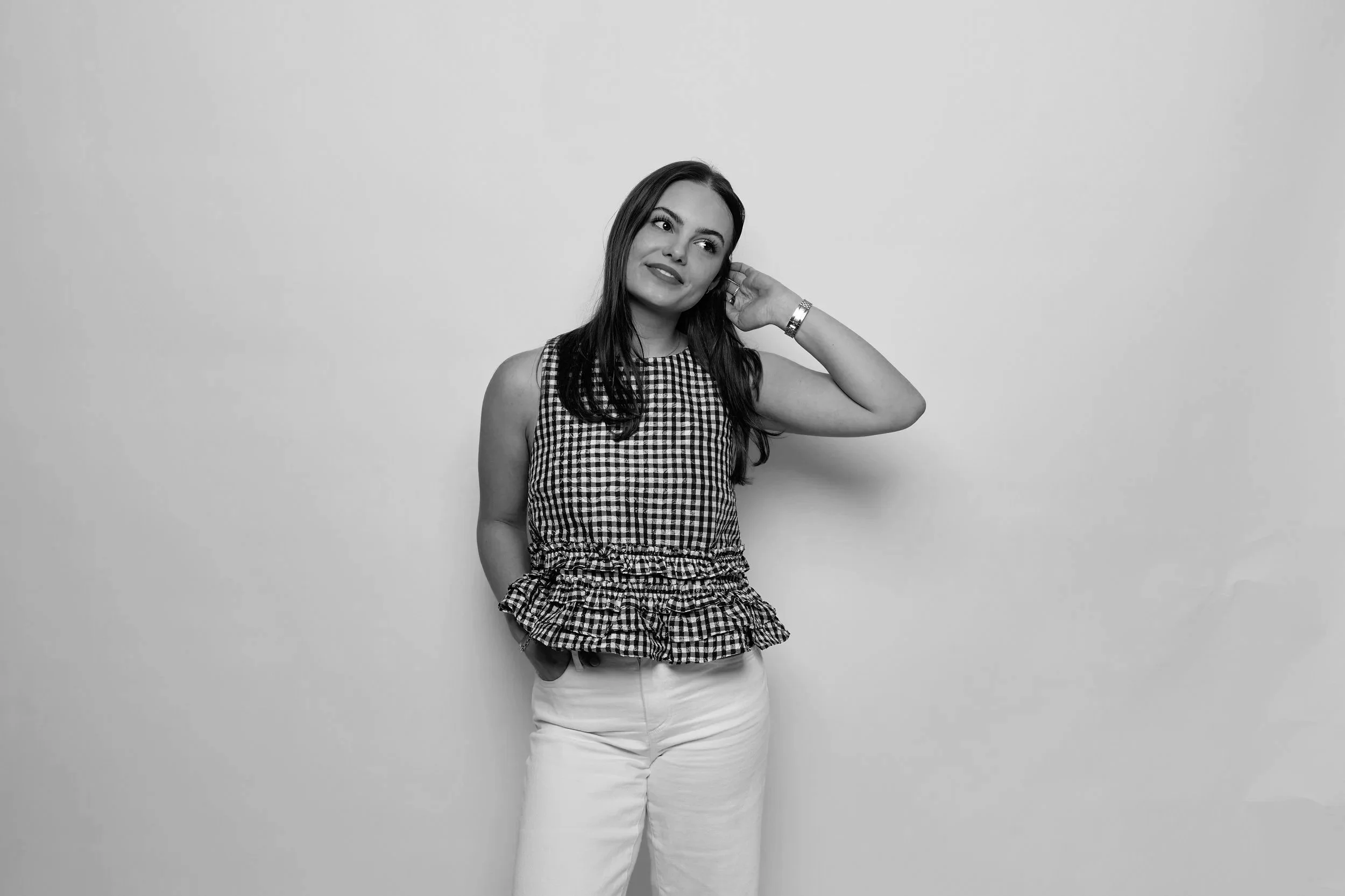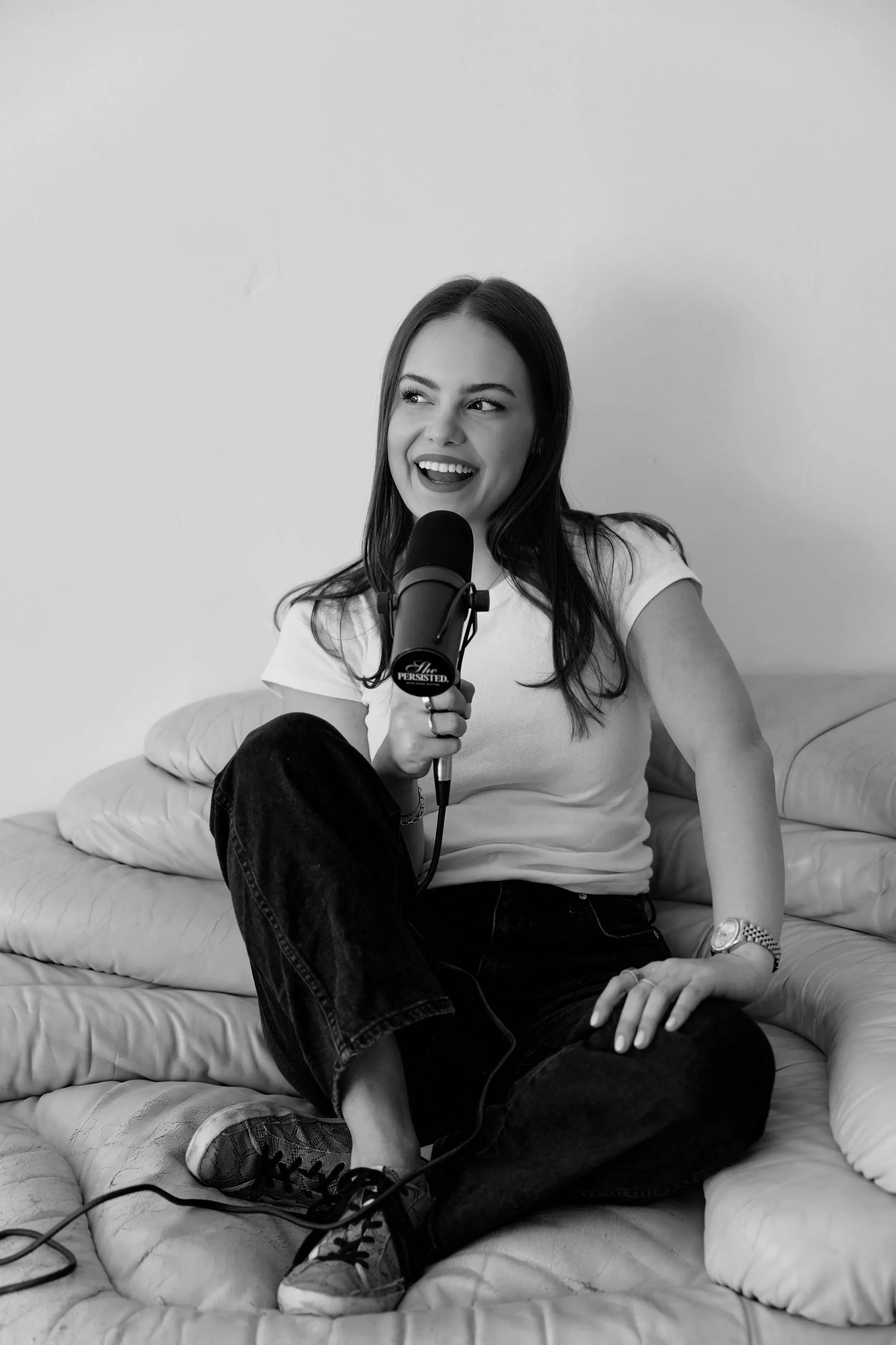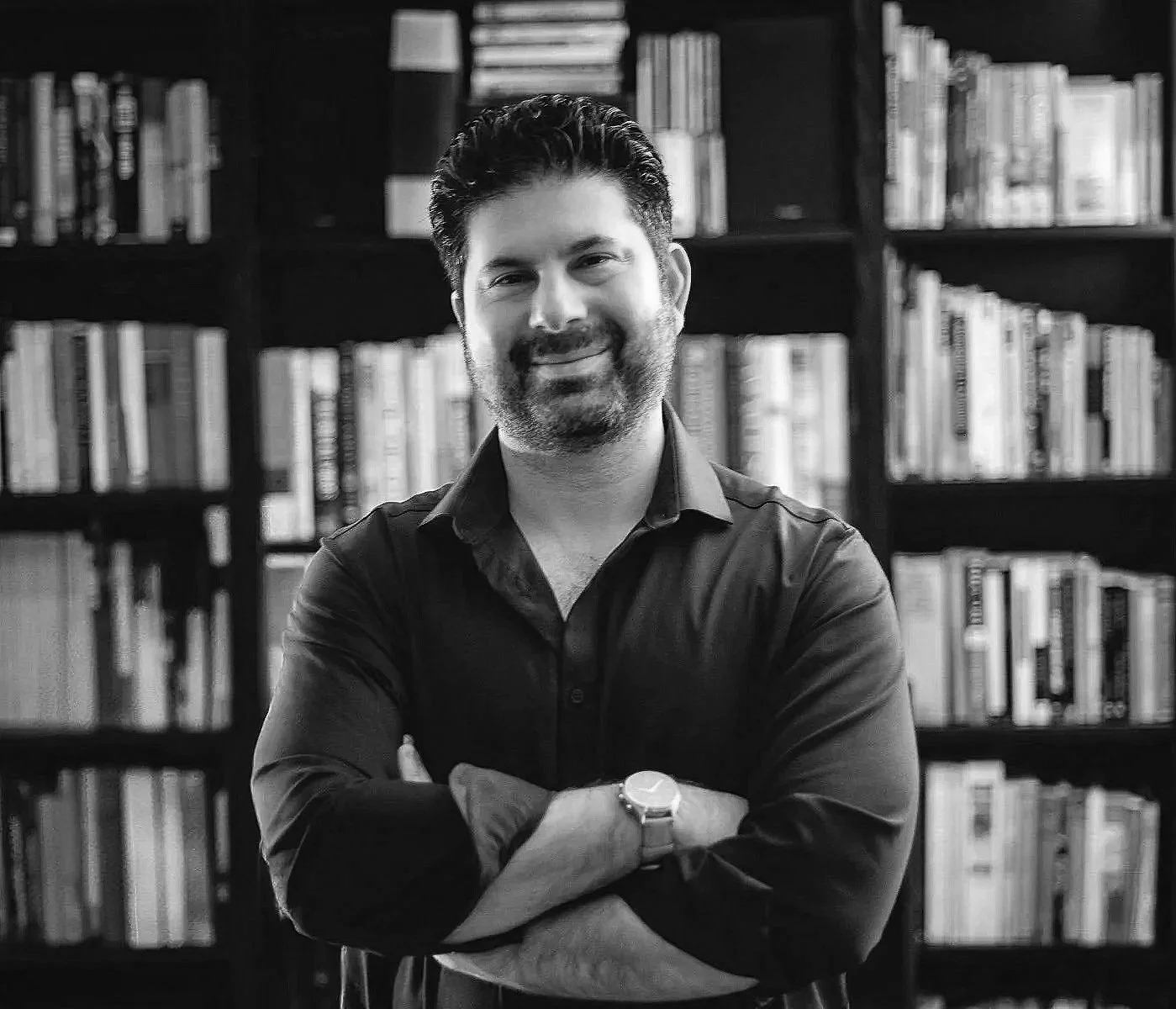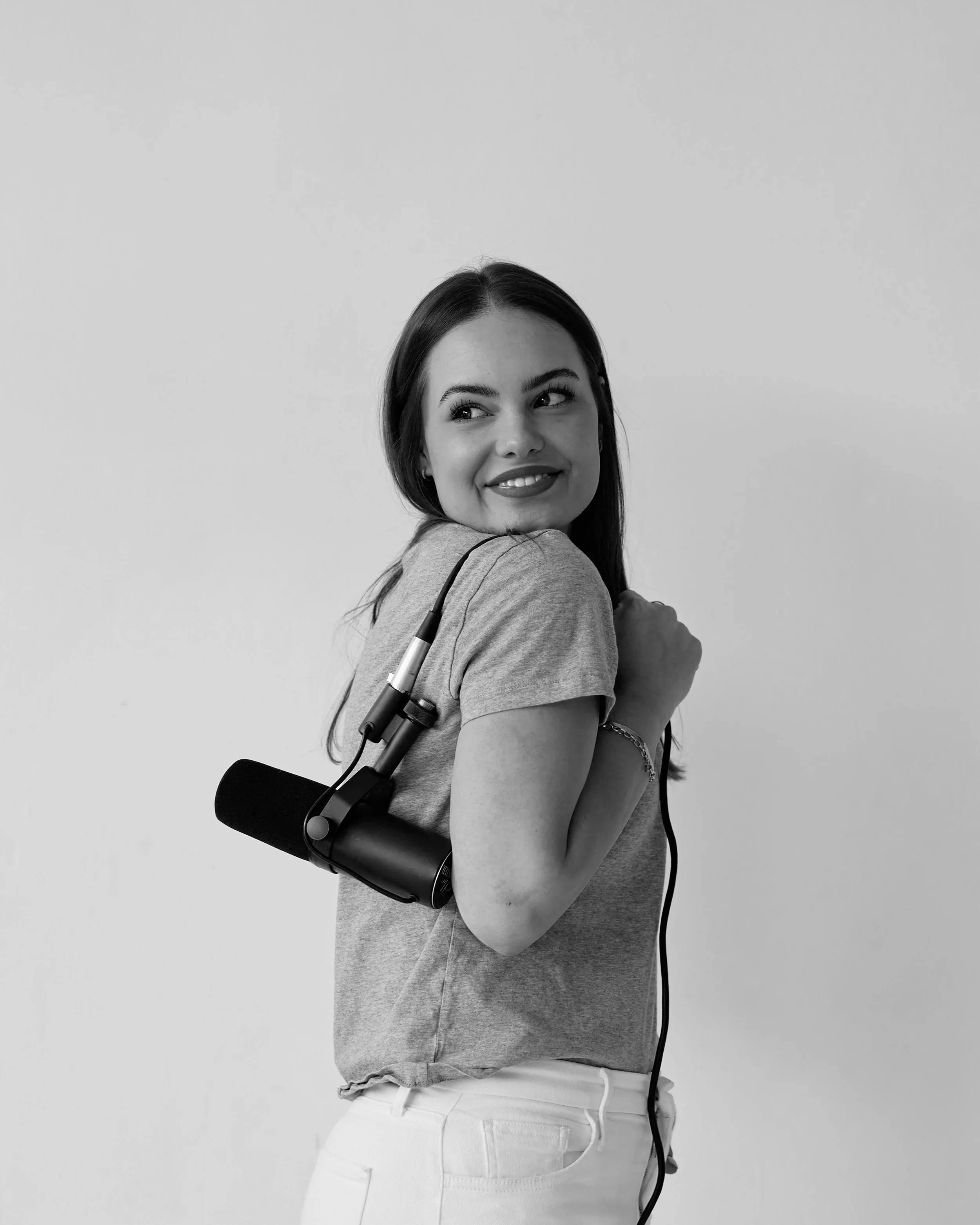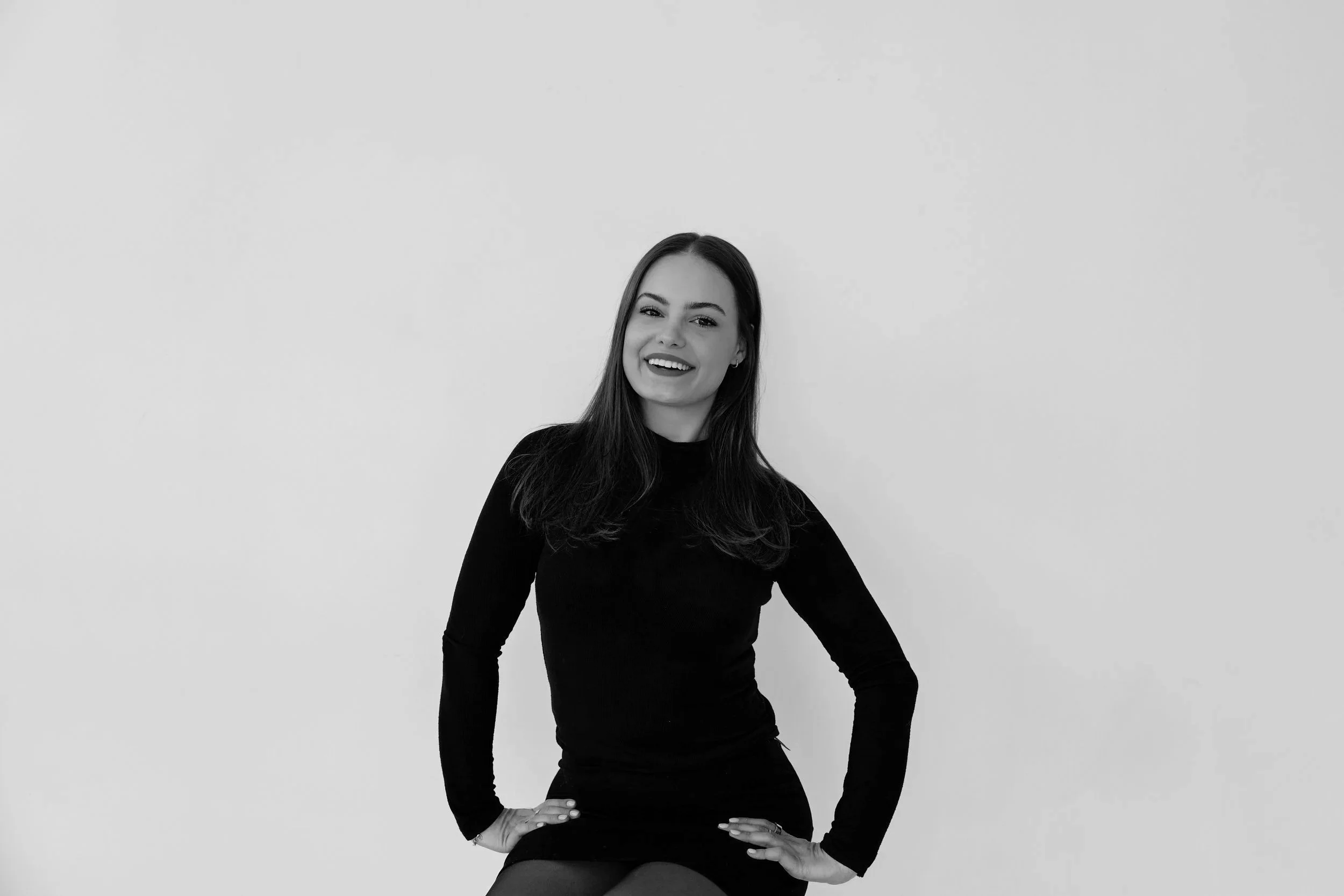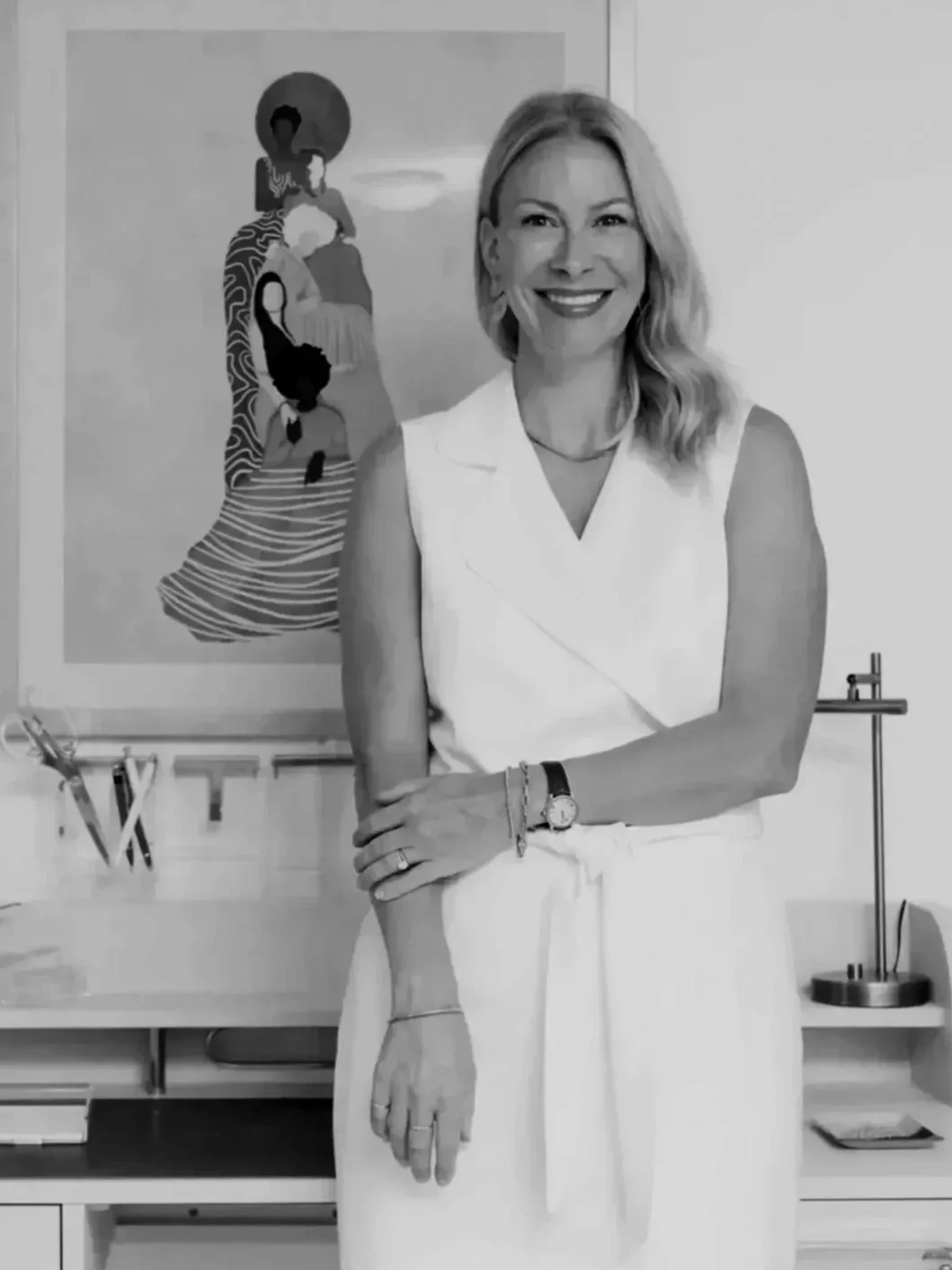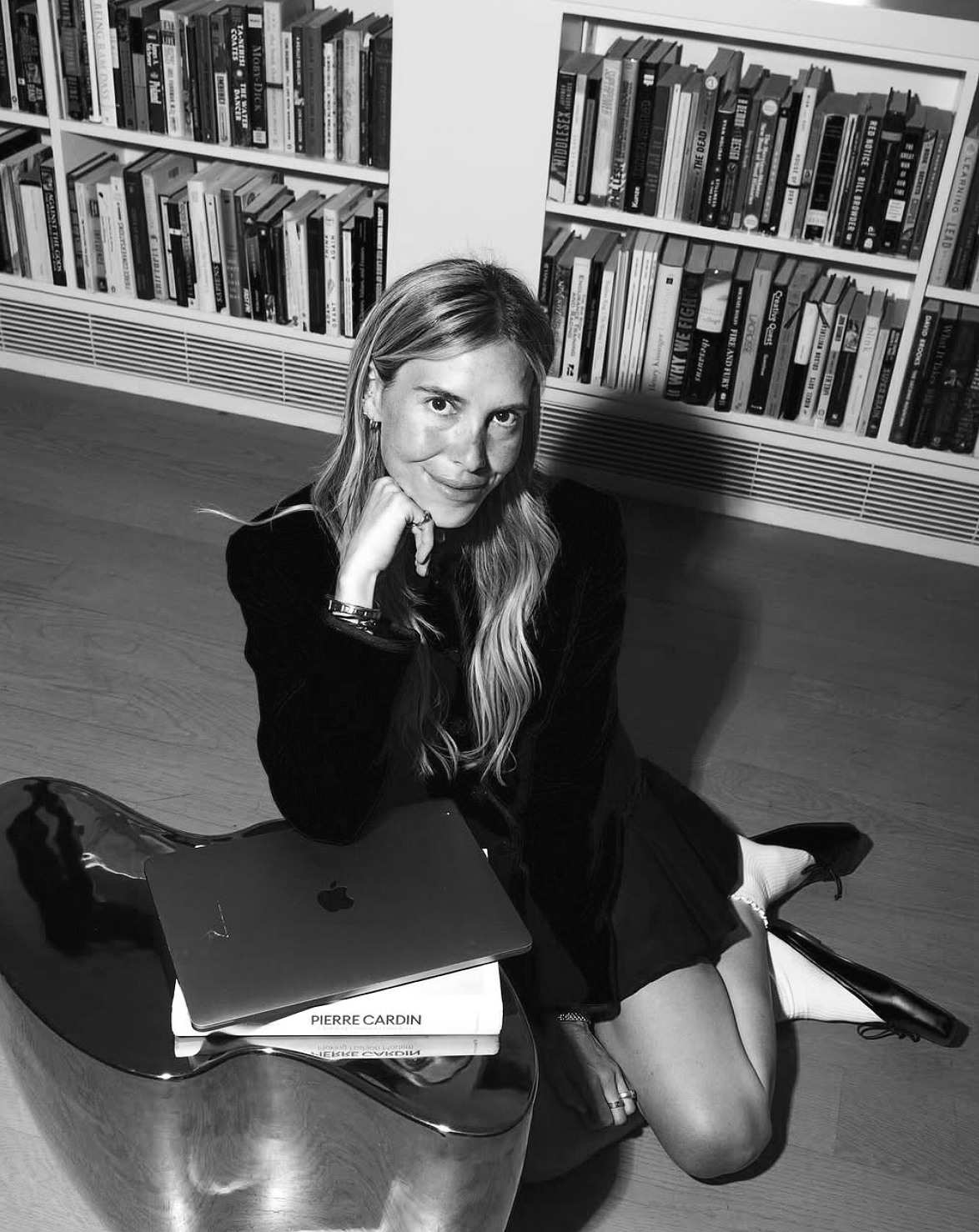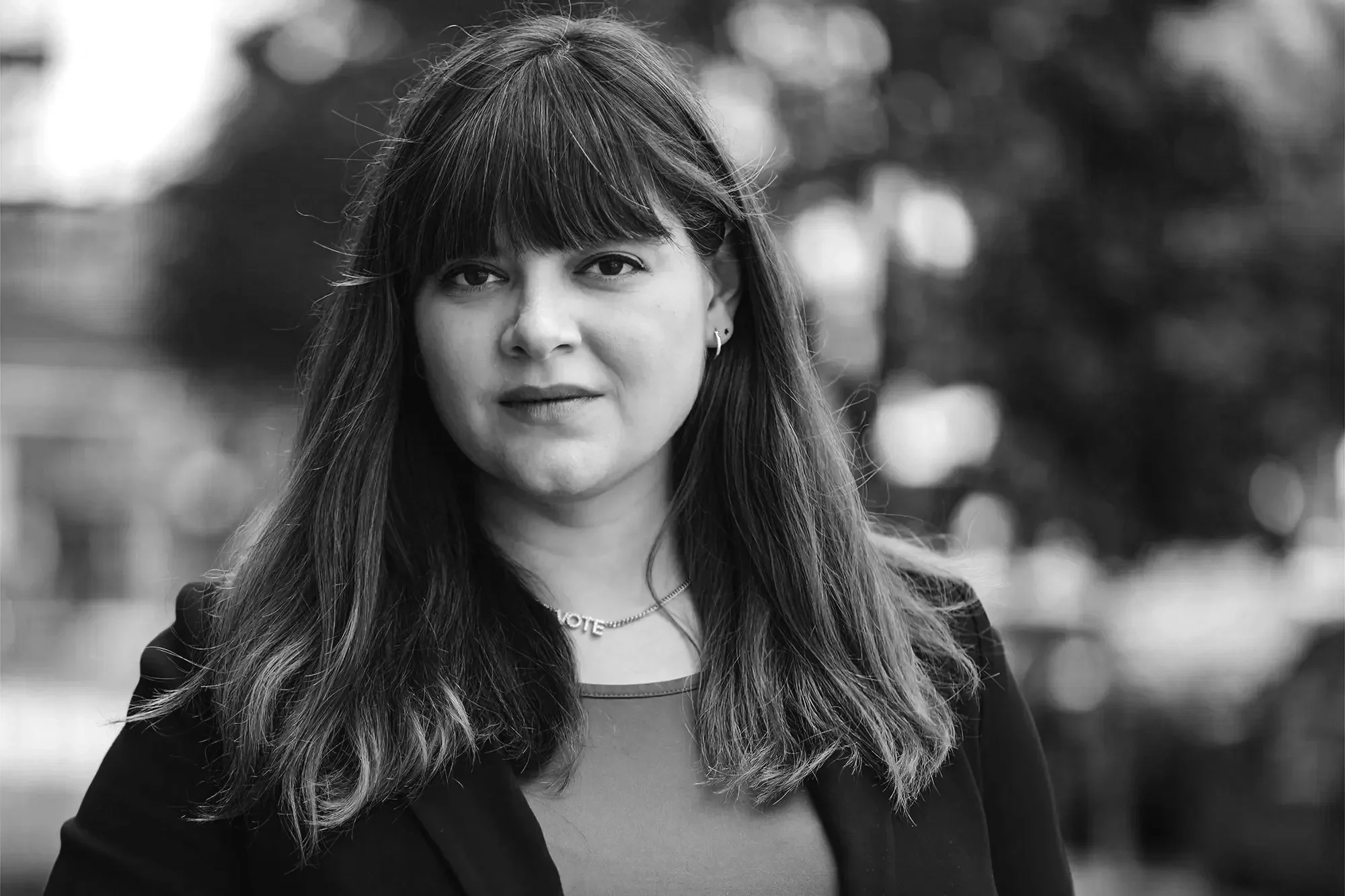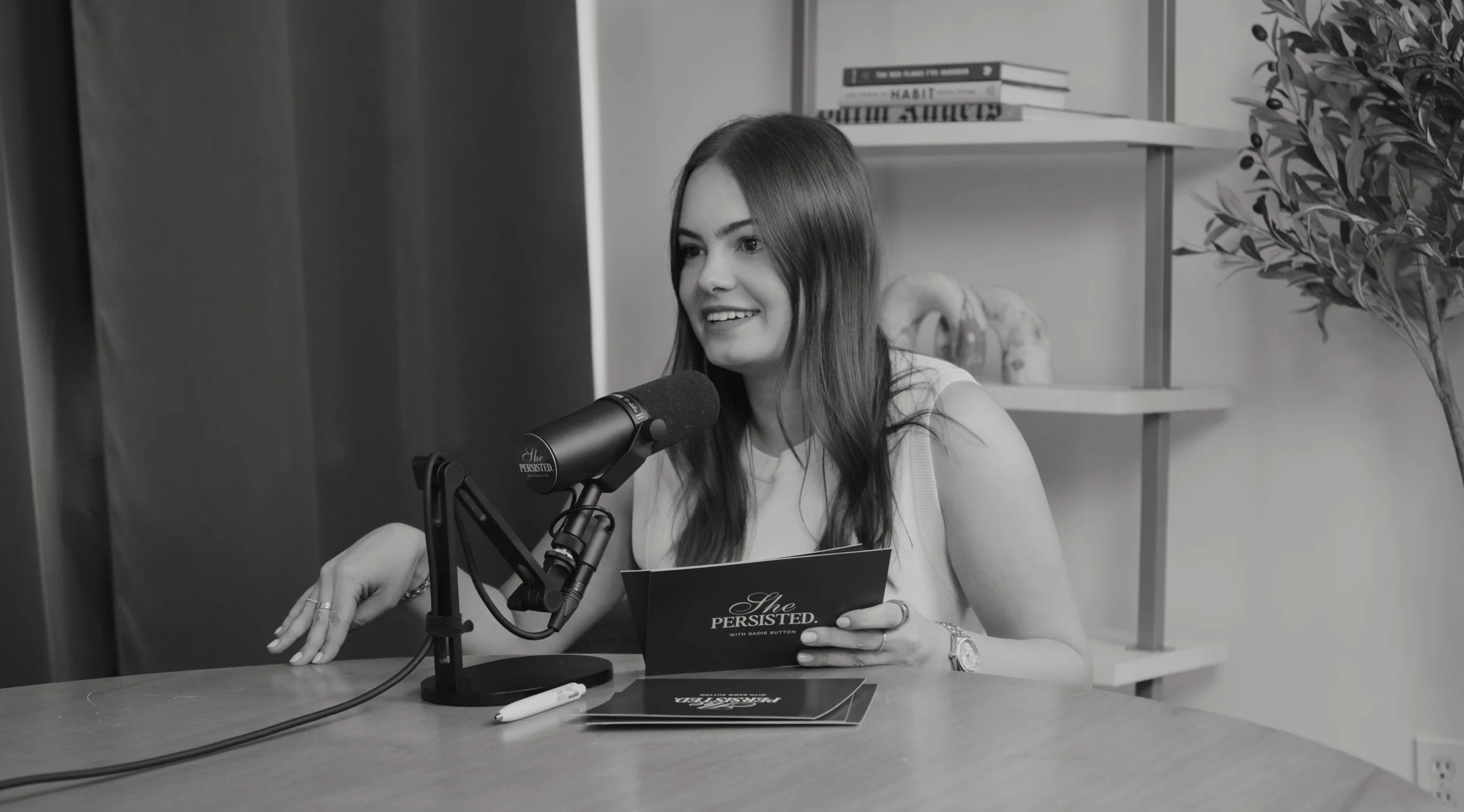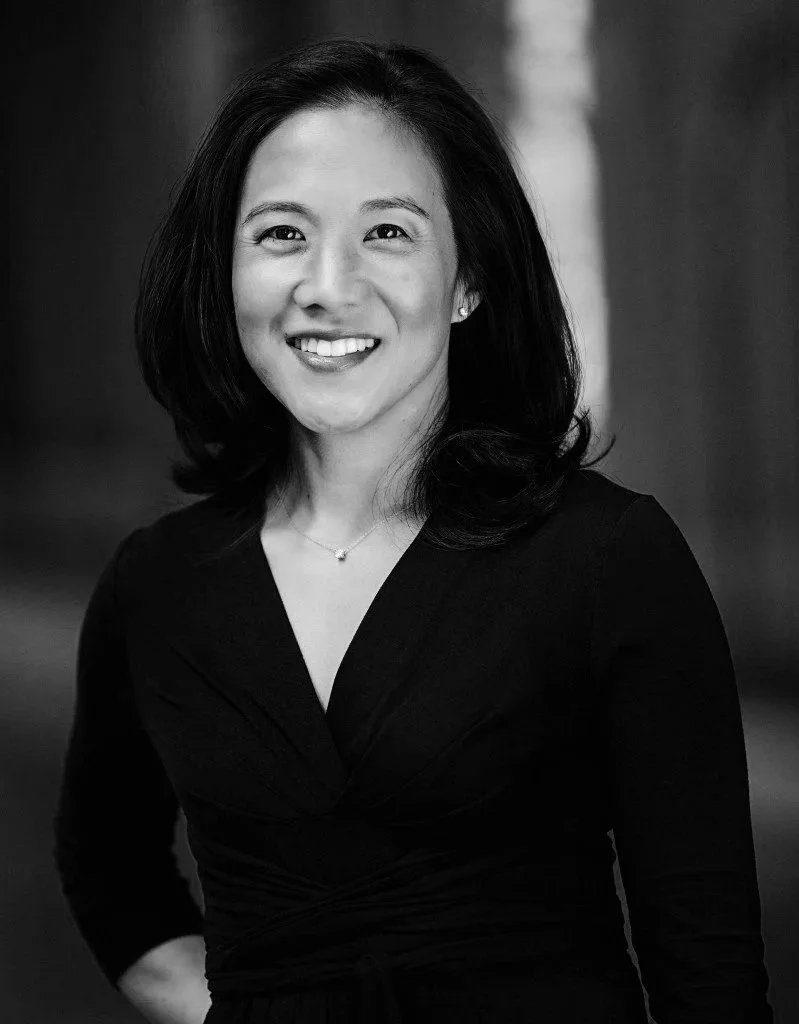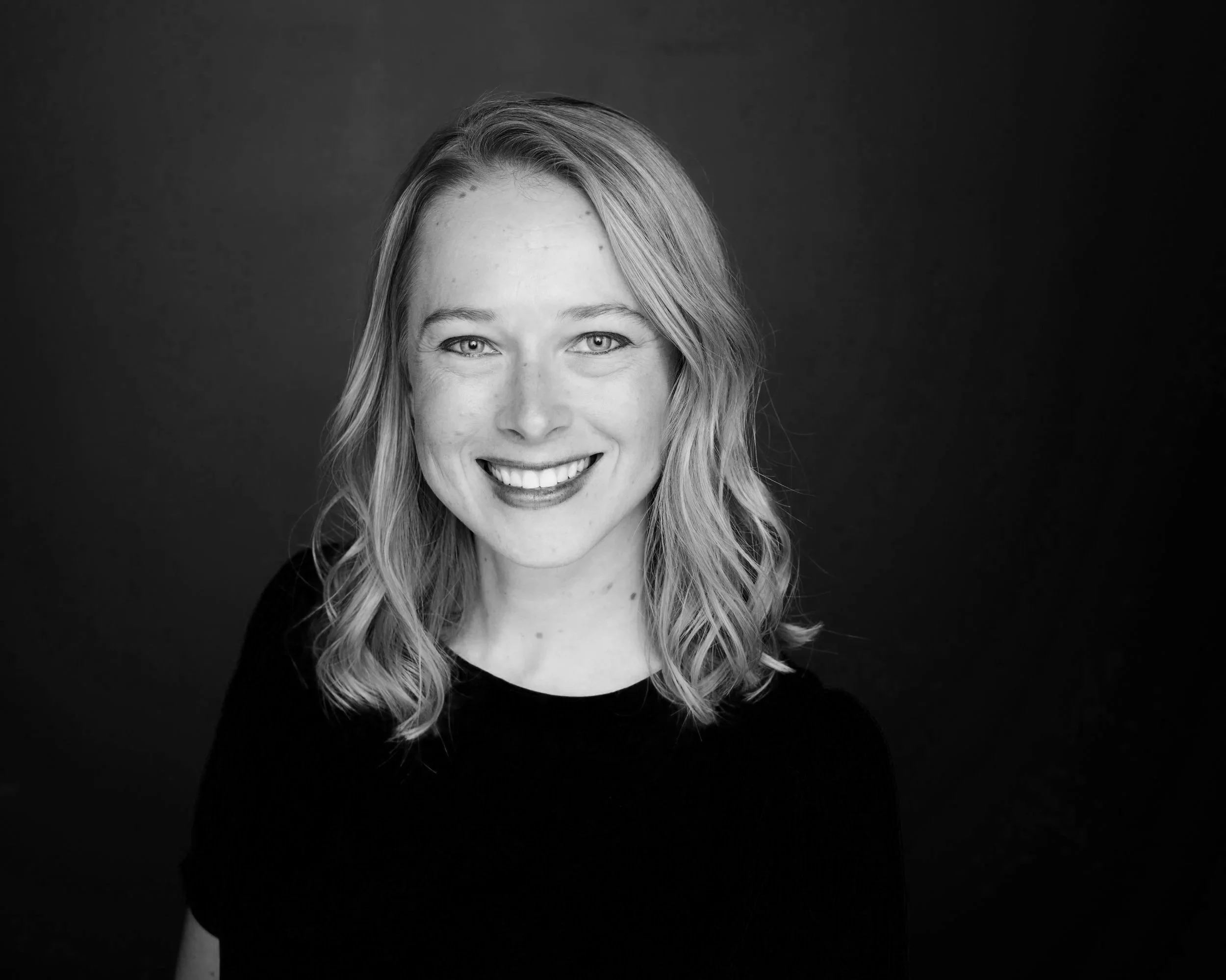234. what taylor swift says about mental health (a psych grad UNPACKS her best lyrics, quotes, + more!)
listen to this episode:
Tune in and subscribe on your favorite platform: Apple Podcasts | Spotify | YouTube | Amazon | GoodPods | Castbox | iHeart Radio | overcast | pocketcasts
in this week’s solo episode, i’m diving into one of my favorite topics: taylor swift! as both a swiftie and someone who has recovered from severe depression and anxiety, listening to taylor’s songs on mental health is super meaningful to me. so because of that (and in honor of her latest album dropping!!), i’m breaking down some of my all-time favorite taylor swift lyrics, quotes, and signature habits relating to mental health. this episode covers a wide range of mental health topics such as anxiety, SI, depression, body image, unhealthy relationships/habits, and more!
here, i’ll be sharing taylor swift lyrics and quotes, how they’ve impacted my own mental health journey, and mental health skills inspired by them that you can try! this episode contains clips from some of her best songs, speeches, and interviews… so make sure to listen for your favorites!
i talk about:
a dbt skill to try inspired by taylor’s lyrics & signature countdowns
advice on avoiding toxic habits (based on a song from lover + her nyu speech)
my takes on taylor’s quotes + lyrics about anxiety or overthinking
why you’re on your own kid has such a powerful mental health message
the mindset shift for when you’re in a bad place that taylor + i both use
coping skills from midnights that i pull from in my own life
how taylor defines happiness in the life of a showgirl + why that resonates
feeling stuck in life + a taylor quote for coping with this
underrated taylor swift lyrics + quotes on mental health (from all her eras!)
+ SO much more!
Mentioned:
SHOP GUEST RECOMMENDATIONS: https://amzn.to/3A69GOC
About She Persisted
She Persisted is THE Gen Z mental health podcast. In each episode, Sadie brings you authentic, accessible, relatable conversations about every aspect of mental wellness. Expect evidence-based, Gen Z-approved resources, coping skills (lots of DBT), insights, and education in each piece of content you consume. She Persisted offers you a safe space to feel validated and understood in your struggle while encouraging you to take ownership of your journey and build your life worth living.
a note: this is an automated transcription so please ignore any accidental misspellings!
Taylor: [00:00:00] Happiness can also be manmade. Choose what reality you want to be in. Anyone has the right to say anything that they want about you at any time. You have the right to prove them wrong. It's so important to define yourself on your own terms. You are not going nowhere just because you haven't gotten where you want to go yet.
It's giving yourself permission to like not have it all figured out. Life can be heavy, especially if you try to carry it all at once. If you're experiencing turbulence or pressure, that probably means you're rising. Decide what is yours to hold and let the rest go. Think of your energy as if it's expensive, as if it's like a luxury item.
Not everyone can afford it. There doesn't have to be loneliness in being alone. Can you react to certain situations in a way that benefits you and the people around you? People who take what happens to them and they process it and they put it out into the world. You can turn your lessons. Into your [00:01:00] legacy.
Sadie: Any guesses on the topic for this week's episode?
Welcome to She Persisted, the Gen Z Mental Health Podcast. I'm your host, Sadie Sutton. Let's get into it.
So in truce Taylor Swift fashion, we are gonna start with a countdown and I only pulled one piece of advice for this from an article she did giving 30 pieces of advice when she turned 30. It's one of my favorite things and it aligned so much with DBT and psychology that I was like, yes, I have to share.
And also with this recent album drop, I feel like there was a lot of, discussion about the countdowns. , a lot of feelings being shared, but countdowns, in fact, from a mental health perspective, are a really great, wonderful thing to have. And I thought this reasoning that Taylor shared in the past was really fun in showing why she might do the same thing with her fans and our community.
So she said, I make countdowns for things I'm excited about and I've gone through dark low times. I've always found a tiny bit of relief and hope in getting a countdown app. They're free and adding things to them that I'm looking forward to, even if they're not big [00:02:00] holidays or anything, it's good to look toward the future.
Sometimes we can get overwhelmed in the now, and it's good to get some perspective that life will always go on to better things. And so now when I think about all the discourse with all the countdowns, which of course she's like not seeing and , involving herself in, but I'm like, guys, she just loves the countdown and it is so good to involve yourself in the positive.
And I found out that in this album season and that I was looking forward to October 3rd, I was looking forward to yesterday, Saturday we are on standby. What are we on standby for? And seeing the countdowns go up and being like, what's happened? What's going on? So I think it's fun that she's able to provide that joy and that look towards the future for her fans.
Similarly for how she does it for herself. But I thought this was a really great tangible piece of advice that people could incorporate in their lives. And I wanted to talk to you guys about it from a psychology and DBT perspective as well. So in DBT we have something called accumulating positives. And this is within the a, [00:03:00] b, C police skill.
It's in the emotion regulation module. Our goal with the emotion regulation module is to set up our lives and build our lives in a way that we don't experience our emotions to be all consuming, life altering experiences.
And instead they're just part of our day-to-day lives that we can navigate with efficiency and effectiveness. And when I think about the emotion regulation module, my mind immediately goes to like the plea skill, right? Like, how can we decrease our emotional vulnerability?
How can we, , do our best to set ourselves up to not. Experience extreme emotions when we don't have to. But there's also this aspect of how can we increase the positive in our lives to feel better, more the time, but also lessen the intensity of negative emotions and negative experiences.
And so we have skills in this module where we. Build our life worth living. And one of those skills is [00:04:00] accumulating positives. And you guys have probably heard me talk about this before. It's one of my favorite skills.
But the idea with the accumulate positive skill is that we intentionally plan things that bring us joy. So We collect these positive moments, we, we hoard them a bit. We intentionally plan to bring these things into our life. And this goes back to another piece of advice from Taylor that we'll talk about in a later section, which is
taylor: If you fail to plan, you plan to fail. Strategy sets the scene for the tale.
Sadie: And we learn this in DPT, we learn this in psychology, and the more psychology classes I take, the more this rings true, which is that if you fail to plan, you plan to fail.
And you might be like, oh, that's so perfectionist. Type A, but like truly in life, if you don't plan, you plan to fail. And that is absolutely true of mental health. And you guys have heard me talk about this before. This is like greatly influenced by Angela Duckworth's work, her philosophy, her class.
And that just truly opened [00:05:00] my eyes that we are the context we put ourselves in. We are habits, we are the environment we surround ourselves in, and rather than working against ourselves, if we put ourselves in situations where we can work with ourselves and work alongside our psychology, these achievements, these goals, This wellbeing comes so much more easily to us versus fighting an uphill battle and going against the way our brains work and the way that we're wired. so when it comes to accumulating positives, I think this is absolutely true. If we fail to plan things that make us happy, we plan to fail. And in a perfect world, we would have these moments sprinkled throughout our day and throughout our lives that make us organically happy, and that give us great mental health.
And we never had to think, we never had to be intentional. We never had to put things on the calendar. Like that would be great, right? But for a lot of us, it doesn't, it doesn't work like that, right? Like we have to plan our routines. We have to choose to engage in our relationships. We have to choose things to look forward to, we have to have those countdowns in our lives [00:06:00] to invoke those positive emotions.
And so I think when you think of your mental health like that, like what do I have planned to make myself happy and bring myself joy and improve my life rather than I hope magically the universe brings some things into my life that make me happy. We put ourselves in a much better spot.
And so going back to this accumulating positives thing, the skill from DBT, the idea is that you plan things that bring you joy. And this does two things. One, you have these countdowns, you have these things in your life that you're looking forward to. You have that sense of hope. You have that optimism about the future because you have these little Easter eggs that you've planted of things that will bring you joy. Two, when you actually experience those things, When you get coffee with a friend, when the Taylor Swift album comes out and you listen to it and you love it when you watch that favorite TV show,
When you make your favorite coffee in the morning, whatever it is, you experience joy. You are bringing positive emotions into your life. And when you do experience a negative [00:07:00] emotion, inevitably down the line, You're no longer allowed to get into that head space of I have nothing going for me.
Everything sucks. Everything is horrible because you just accumulated those positives that is no longer objectively true because you a have these things you've done in the past that brought you joy and that you now remember because you planned them, you were intentional about them, you've accumulated them like infinity stones.
And you also have those things in the future that you are counting down to, that you are looking forward to. And so if a countdown works for you, if putting things on the calendar works for you, , if just knowing that they're part of your daily routine works for you, whatever it is, you do that.
But I want you to be intentional about planning and having things in your life that bring you joy. Because when we fail to plan, we plan to fail. And looking forward to things and then looking back at things is incredibly important. And I'll leave you with one more gem of wisdom from psychology. I'm gonna get a little more academic here, which is the broaden and build theory.
This is something from [00:08:00] positive psychology. This is fascinating to me, Psychology has realized that when we experience positive emotions, we go out into the world and accumulate more resources to make our lives better, not when we have negative emotions.
When we have negative emotions, we tend to isolate. We tend to withdraw when we experience joy, happiness, connection, whatever it is, we are actually motivated and driven to behaviorally go out and accumulate more resources. And resources. Could be relationships, it could be, random things like going grocery shopping or, , being more productive, getting yourselves up for the week, reaching out to people that you haven't connected with in a while.
Planning more things that make you happy. Being in a good mood makes you do other things to make your life better. So that's what positive emotions do, right? Like it broadens our horizon. It cause us to be more aware of what's going on around us, and then go out and build these positive things in our life, accumulate these resources and set ourselves up for success long term.
And this is one thing I kind of hate about human psychology. Like what do you mean? We only build better lives for ourselves when we're feeling good. [00:09:00] What are you supposed to do when you're depressed? Like why wouldn't evolution give us that skill and that drive when we're sad? So that's kind of unfortunate, but that's why it's so important to plan and to accumulate these positives, because if you don't organically experience those positive emotions, the way your brain is wired is you're not gonna organically go out and do those things.
Like that comes with positive emotions. So let's plan those positive emotions. Let's intentionally make sure those happen in our lives then reap the benefits. So I wanna continue on this theme of like, you fail to plan, you plan to fail. What context are we putting ourselves in? We are a reflection of the environments that we live in. and another favorite lyric of Taylor's is
taylor: You play stupid games. You win stupid prizes.
Sadie: And this is like probably on first glance, more of like a trivial lyric. But I think it just has such a profound meaning, especially in mental health. And whenever I think about this, I'm like, dang, that is really true. And so I want you to think about the context that you're putting yourself in and what you will get out of them.
If you [00:10:00] are putting yourself in relationships that make you unhappy. if you are signing up for classes that you don't enjoy. If you are spending your days doom scrolling and on your phone and isolating, if you are spending your days bed rotting, you play stupid games, you win stupid prizes.
Putting yourself in those negative contexts isn't magically gonna result in the positive outcomes. Like you're going to get out of the situation what you put into it. And so if you are putting yourself in a negative context, you're going to get negative things out of it.
And I also think this rings true for the way that we think about things and the way that we cope about things. I think about all the ineffective and maladaptive ways I cope with my mental health when I was really struggling and at a low when I would just absolutely ruminate or there was so much self hatred or I was,
In really unhealthy relationships, or I was engaging in behaviors that were making things worse. And it was absolutely, if you play stupid games, you win stupid prizes. If you go down that rabbit hole, if you do that thing that is only going to make things worth for yourself, guess [00:11:00] what? It does make things worth for yourself.
And so I want you to think about that, right? If you do these things that bring a lot of negativity and an effectiveness and negative experiences into your life, that is what you can expect to get out of them, and that is what you will get out of them. Versus putting yourself in context that have positive returns, , doing things that are effective and efficient for yourself, and being in healthy relationships, engaging in healthy habits, thinking about things in a positive and healthy way, as a result, you get back things that are much more positive and, and do help your mental health and do have a positive return, rather than a negative one.
And then the last piece of advice from Taylor is from her NYU commencement speech, and it relates to, again, the context that we're putting ourselves in.
life can be heavy, especially if you try to carry it all at once. Part of growing up and moving into new chapters of your life is about catch and release. What I mean by that is [00:12:00] knowing what things to keep. And what things to release.
You can't carry all things, all grudges, all updates on your ex. All enviable promotions. Your school bully got at the hedge fund. His uncle started, decide what is yours to hold and let the rest go. Oftentimes the good things in your life are lighter anyway, so there's more room for them. One toxic relationship can outweigh so many wonderful, simple joys.
You get to pick what your life has time and room for, be discerning.
Sadie: so one recurring piece of advice that Taylor gives in a lot of her interviews is this idea that you get to choose, you get to pick what you pay attention to, what you allow into your life and the situations that you yourself in. Those things aren't just a given, right?
Like you have some amount of agency in how [00:13:00] you spend your time, how you spend your energy, what you do with your life.
That is true for physically where you spend your time. It is true mentally where you spend your time. It is true the relationships that you invest in
and what that means is that you get to decide to invest in positive things in more effective ways of thinking, in healthier relationships, in better habits and routines and jobs and classes and communities that you engage in. It's also true mentally. You get to decide to let go and move on from those negative thoughts or those ineffective way of coping with things or those ways of spending your time that only lead to negative mentality and and negative emotion.
And I think what she says is really true, that positive things in your life take up so much less space and energy and there is room for more of them than there is the negative. I think about when I was really struggling with my mental health and high school, there wasn't even room for high school classes, [00:14:00] friendships, , any healthy habits, any hobbies because my mental health took up all of the energy and all the time, and it was so heavy, like my life was all consumed by these emotions.
And then as a result, these negative relationships and these all consuming negative experiences, I had to take a medical leave of absence from my second semester of freshman year of high school because mentally I wasn't at a spot where I could go to class. I really wasn't doing any hobbies because I couldn't even focus on those types of things because my brain was all consumed with these negative emotions and these negative thoughts at all times.
All of my relationships became really unhealthy because they were a reflection of internally what I was experiencing. And so when I think about all the things in my life now and all these things I'm able to balance and maintain and pursue, they are lighter and there's more room for them because they are less heavy to carry.
And so I think it's helpful to take an audit of your life, of like, what are the heaviest things that I'm holding right now? [00:15:00] And remind yourself I don't have to hold those things. I can let them go. I can choose to think in different ways. I can choose to put myself in different relationships in different contexts and let go of these other areas of my life.
I think what's hard when you're struggling with your mental health is that everything does feel Everything does feel overwhelming. Like the idea of being in a healthy relationship, the idea of engaging in a hobby, the idea of doing these habits that are good for your mental health, like those are really heavy and overwhelming, and there's not space for those.
But understanding that letting go of those heavier things in your life that make everything else heavy, when you're able to get support, talk to someone and invest in your mental health and start to change those things and let go of them, you are able to have these other things in your life without them feeling exhausting and burdensome and completely overwhelming and impossible.
So you get to pick what your life has time and room for be discerning and a reminder that. The negative tends to be heavier than the positive and there is so [00:16:00] much room for things in your life if you feel your life with positive things.
Now for the anxiety girlies. For anyone who struggles with overthinking. I have pulled some Taylor Swift sentiments for you that I think are. Incredibly true and helpful as far as how to think about anxiety.
The first quote is, we have to live bravely in order to truly feel alive. and that means not being ruled by our greatest fears.
so I think one of the coolest things about anxiety when it comes to the mental health field and psychology is that we do know how to treat anxiety. Anxiety is very treatable. It is very healable. It is very curable. Out of all the things you could be struggling with, anxiety is one where it's like, you know what?
We got you. We know what's happening there. We know what works to make you feel better, and we can absolutely change your lived experience. And the unlock to anxiety is that avoidance amplifies anxiety.
People whose lives are ruled by anxiety. People who experience things like panic disorder or, , agoraphobia [00:17:00] or,
constant anxiety that has been reinforced over weeks and months of years of avoiding the thing that we're anxious about. And every time we avoid the thing that makes us anxious, it compounds The next time we confront that thing, it is even more scary and it is even more overwhelming to even fathom the idea of facing it.
so how do we not become ruled by our greatest fears? How do we live bravely to truly be alive and experience all the great things that life has to offer? Exposure therapy, we expose ourselves to things that make us anxious and small, reasonable, doable ways. where we are supported
and effective in the way that we cope with our anxiety. And as a result, we are able to live a life where we are not. Absolutely ruled by those fears and our lives are not dictated by the things that make us anxious. And I think this goes really well with another quote from the fearless era. I'm pretty sure this is from the prologue from the album, where she says
to me, fearless is not the [00:18:00] absence of fear. It's not being completely unafraid. To me, fearless is having fears, fearless is having doubts, lots of them. To me, fearless is living in spite of those things that scare you to death,
and that is what living with anxiety looks like. It is being like, I'm scared and I'm going to put myself in this situation that makes me anxious.
I'm going to do the thing that gives me anxiety. I'm going to intentionally choose to expose myself to these things that I am afraid of because I know that avoiding those things only amplifies the anxiety. It only makes it more overwhelming And more anxiety provoking in the future. So what can I do to face that discomfort?
What can I do to face that thing that makes me scared? Because I know long term that is what will help me feel fearless. And again, fearless is not the absence of anxiety. It's being able to do it anyways, despite the fact that we are afraid. I have one more piece of wisdom and anxiety for you, and this is probably one of the most Taylor Swift Mental Health, the lyrics, mental health song.
But I just love it so much. Anytime I'm feeling [00:19:00] overwhelmed or nervous or afraid or like, I can't do this. This is the song that really speaks to that and makes me feel better. And it is, of course, you're on your own kid and specifically the lines,
taylor: 'Cause there were pages turned with the bridges burned / Everything you lose is a step you take / So, make the friendship bracelets, take the moment and taste it / You've got no reason to be afraid / You're on your own, kid / Yeah, you can face this / You're on your own, kid / You always have been
Sadie: And I remember this piece of wisdom and this sentiment being told to me many a times when I was in mental health treatment, which is that you have survived every single one of your worst days thus far. You have survived every struggle.
You have persevered through every piece of pain you felt thus far. [00:20:00] Like you've done it. You're on your own, but you always have been, There's been nothing thus far that you weren't able to face and you weren't able to overcome.
And you weren't able to persevere through. I think we forget that we don't give ourselves enough credit. We, again, are so consumed with the now, we're so consumed with that lived experience, but whenever we're experiencing something new and daunting and anxiety provoking and fearful, that reminder that like, yes, you're on your own, but you literally always have been.
And so what's to say that you can't do it this time? Because all the evidence, everything you've experienced thus far suggests that you can also do this as well because you've done it hundreds and thousands and millions of times before this. And that, I think is the best reminder because again, once we've gone through something, once we've conquered it, you're not like, oh yeah, I was by myself.
I did that. Like, that was so hard and When we think back at those things, it doesn't feel that way. It doesn't feel as isolating the emotion is kind of taken out of it. Next time you are in that position [00:21:00] of, I've never done this before and I'm by myself, and this is so overwhelming and this is so scary, and this is bringing me so much fear.
The reminder that you are on your own, but you always have been. So you can face this you've done it before, you will do it again.
So continuing on this thread about the way we think about things, the way that we process our experiences, having so much power. I wanna talk about a couple other pieces of wisdom Taylor shares about how we can think about certain situations. And the first one is something really tangible that.
she talks about in Miss Americana and she, she touches on it in other interviews. It's not the only time she's mentioned this very tangible way of coping with something, but it's something I have also done in my mental health journey.
This would cause me to go into like a real shame, like hate spiral this. And like I caught myself yesterday starting to do it and I was like, Nope, we don't do that anymore. We do not do that anymore because it's better to look, to think you look fat than to look sick, and [00:22:00] we don't do that anymore.
And you just, we're just, we're changing the channel in our brain and we're not, we're not doing that anymore. That didn't end us up in a good place.
Sadie: So it's the idea of changing the channel in your mind and literally saying to yourself, Nope, do not do that anymore. We are changing the channel in our brain And I think we forget that. Like, yes, our thoughts are constant. We think millions of them a day, things will pop into our brain without us deciding that they're gonna be there.
But we don't have to continue to think about them. We might not be able to avoid them showing up in the first place, but we can absolutely decide to think about something different and not follow that thought spiral. And that was not a belief that I subscribed to until I was in intensive mental health treatment and I was at three McLean Hospital. I remember very vividly, I was in a therapy session and I was a number of weeks into treatment and I was starting to no longer experience like this intense, overwhelming depression every single second of [00:23:00] my day.
There were moments where I was feeling more positive emotions. I was feeling more seen. I was feeling more understood. I was having these moments of happiness and joy, and with that meant that these suicidal ideations that had been a part of my internal monologue for so long, no longer rang as true, right?
Like, I did wanna be around to experience this life. and I did actually wanna be here, and I did want to live this life that I was building for myself. And I remember being in this therapy session and starting to understand why some people experience suicidal ideations and why they continue to show up and why they had shown up for so long for me.
That was because they acted as like this self-soothing mechanism. If something was hard, if something was overwhelming, if something was deeply painful, there is a way to opt out of this experience.
And I described it as like an escape patch, a mental one, but also like a literal one, right? Like things were so painful, things were so [00:24:00] overwhelming When I was at the lowest of lows, I could engage in that thought of like, okay, this doesn't have to be forever.
Because based on my lived experience, my day to day, my emotional experience, it was lasting forever.
It wouldn't go away. Nothing would change. And so that was the surefire way that like, if this becomes too much, because I know it's not going away, at least up until this point in my life, this is the option. This is the the escape patch, the outcome, whatever. So it was self-reinforcing. Every time I thought those thoughts, I would feel better physically and mentally. And so of course, every time you experienced a negative emotion or a negative experience, those thoughts would come back and just continue to reinforce themselves.
But what's also interesting is that once you do start feeling better, and once you do start to realize that this won't last forever because I'm experiencing better and amazing and incredible things, the thoughts are no longer true because you do wanna be around to live that life. You do want to see your life worth living come to fruition.
And so In [00:25:00] this therapy session, my therapist and I kind of came to the conclusion that.
My life worth living didn't include those thoughts. It didn't include that as a coping mechanism. My life worth living was one that I wanted to live. And it wasn't one where I coped with painful experiences by thinking about how much I didn't wanna be there, and that if things got too hard, I had that option. Like, that's not my life worth living and it's probably not yours either. And so it was that acceptance of thus far that thought and that choice has always been on the back burner. And it, for years was when I thought about a lot. And It was there as a safety blanket. But if I wanna build my life worth living and my life doesn't include that way of thinking about things. I have to stop, I have to remove that from the back burner.
That's not an option. No matter how hard things get, no matter how painful things are, I'm not gonna even think about that remotely as a path forward because that path doesn't exist in my life worth living. Like it's just being taken off the table. It's not gonna continue to live [00:26:00] in the back burner of my mind.
It's just gone. Again, in Taylor's words, we don't do that anymore. We are changing the channel in our brain. That didn't end us in a good place. And that was exactly how I was thinking about that situation. And so again, going back to the idea of you might not be able to control the thoughts that pop into our brain. I don't want you to try to, because we can't. You're just gonna cause yourself so much pain and suffering if you try and control any thoughts that pop into your head. We know from research, the majority of people experience a suicidal ideation at some point, which is wild to think about, but you have the choice to change the channel in your brain and to not think about that thing and to not entertain that thought and to not keep that as an option on the table.
And so for weeks and months and even years after, it was a very intentional choice. When that thought popped in my brain to literally say, Nope, that's not on the back burner, that's not something that I think about that doesn't fit into my life worth living. I don't think that way anymore. And I'm gonna think about something else.
And actually saying that to yourself [00:27:00] of, we don't do that anymore. That is not aligned with the life I live. That's not how I cope with things anymore. And not just trying to think about something else, but literally going through the steps mentally of, okay, I had this thought, that thought used to serve me really well, and that thought was how I coped with things in my life.
But. That's not how I cope with things anymore. That's not an option that I consider to be something that would ever remotely occur in my life. And so I am going to think about something else because that is not aligned with who I am as a person and how I cope with things that I experience.
And so I love that metaphor. I love that way that she articulates. Her internal monologue, and I encourage you to adapt that when you have thoughts that are ineffective and maladaptive. Maybe it's something negative about yourself, maybe it's something negative about the way you see the world.
Maybe it is something related to anxiety, like, I'm gonna avoid that. I don't wanna do that. , Maybe it's something related to how you show up in relationships. Whatever it is, reminding yourself that just because that thought has popped into my brain doesn't mean it's true or that it has to stay there.
[00:28:00] Kind of continuing on that line of like, we do not do that anymore. That ended me in a bad place. I'm choosing to do something intentionally different. There's another Taylor Swift quote that I love that I think really embodies this and embodies that experience of being in the early stages of your mental health journey,
I should not be to my own devices. They come with prices and vices. I end up in crisis.
This is something that really rang true for me in the early days of mental health recovery and is still an intentional choice I make. I've talked about this before, and people don't like it on TikTok, but it's a, a sentiment that I continue to live my life by, which is that if I am not progressing, I am regressing.
and this goes back to that like autopilot way my brain worked for so long, right? Like when I was left to my own devices, it came with prices and vice, and I ended up in crisis. The way that I thought about things [00:29:00] was extremely negative. The way I saw myself was extremely negative.
The way that I coped with things was avoidance or an effectiveness. And so if I just let my life run on autopilot, it does not lead me to a good spot. And so even if it's a really small choice, even if it's only slightly moving in the right direction, it is really important for me to be intentionally moving in the right direction because especially in the early days of mental health recovery, when I let myself go on autopilot, autopilot led me down a very dark path just operating as I normally would without intention led me back into old habits and routines and behaviors that were incredibly negative and ineffective.
And so I think that awareness of like being left to my own devices, doing what I've always done doesn't lead me to a good spot. It comes with vices and ineffective habit that I've reinforced over a long period of time. It does end me up in crisis or in a bad spot [00:30:00] emotionally. And so having that awareness and having that understanding and being like, okay, so this is an intentional choice I have to make.
I'm someone, at least in this stage of my life, where I have to choose positive. I have to choose to be effective. I have to choose to think about things in a different way and have healthy habits that move me in the right direction and speak to myself in a more positive way. That was something that helped me move in the right direction when it came to my mental health.
And just that reminder, if I'm not progressing, I'm regressing. So what tiny thing can I do to move me in the right direction? Because autopilot unfortunately, is not something that's going to serve me well. And another one related to this, when it comes to being in a low spot with your mental health or being in the early stages of your mental health journey, is
taylor: no one sees when you lose, when you play in.
Sadie: I think about this when it comes to being at the lowest spot with my mental health, which is that everything was internalized, everything was a battle against myself.
It was all these super negative [00:31:00] thoughts and emotions and experiences. And sometimes people would be aware of them, like they, maybe they'd be like, okay, she's not sleeping regularly, or she's clearly really upset, or she's not as present in her relationships, but,
I had to intentionally learn that no one understands what you're going through unless you tell them. And they cannot be expected to support you unless they know what you're going through. So no one sees those hardships, no one sees you lose when you're playing a game against yourself completely internally.
And so the early stage of mental health treatment for me was a lot of like, okay. let me learn how to be vulnerable. Let me learn how to talk about what my internal monologue look like and what a day of feelings is like for deeply depressed 14-year-old Sadie. And it was really clunky at first.
My dad especially, we used to do this thing where we would be eating lunch or or getting breakfast or, or seeing each other while I was in intensive treatment. And he would be like, okay, how is your depression on a scale [00:32:00] of one to 10 today? How is your suicidal ideation? How is your anxiety? And I would answer on a scale of one to 10, depression is like an eight outta 10.
Suicidal ideation is like a nine outta 10, and my anxiety is like a seven out of 10. And that was really eye-opening for him to be like, we are just sitting here on a random Saturday Eating a meal. And she is an eight out of 10 for depression, for the most depression she's ever felt in her life.
And there's like a nine out of 10 for suicidal ideation, and she's feeling a seven out of 10 for anxiety. And this is just like, nothing's happening. We're just eating a meal. And so to be able to articulate what your baseline is, to be able to articulate how you're walking through the world, what that internal experience is, he's then able to respond and say, I cannot imagine how hard that is.
I cannot imagine how much pain you're in. I haven't experienced that. I can't understand, but I want you to know that I, I see you and I hear you, and that must be really, really painful. And similarly articulating [00:33:00] to both my parents. Like, I need help. I need support. Or I'm feeling anxious, or This isn't working, or, or, this is hard.
Or what you're saying is, is really invalidating. Like no one knows. The internal experience that the war you're having within yourself, within your mind, unless you tell them. And with that means like you can't expect them to validate your experience. You can't expect them to support you. You can't expect them to say the right thing or jump in and be like, I see you're in so much pain.
I see this is so hard. How can I help you? Like, this is horrible. Like you must be struggling so much if you never tell them. And I also wanna go back to something I've said a lot of the times on the podcast, which I think the hardest part of my mental health experience was asking for help for that first time, saying like, this is bigger than me.
This is more overwhelming than I could ever even remotely imagine. I need help. I need support. That Was the hardest thing. And after that it's still hard. It's still a lot of struggle, but you have people in your corner, you have people checking in on you.
You have others [00:34:00] who can use their knowledge and lived experience to support you, but also get you access to resources that you need and help connect you with mental health clinicians and other resources. So you're not just coasting, it's not downhill, but you're no longer alone in your experience. Other people are aware of it, and I think the most isolating, overwhelming, challenging part of mental health is feeling like
no one understands what you're going through. No one is acknowledging it. You're fighting this daily battle. You are consumed with pain, and no one is even aware. No one has even possibly felt this way before. And again, no one sees you lose when you're playing solitaire, when you are fighting this battle against yourself that no one's aware of.
And so the anecdote to that is being vulnerable about it, and speaking that experience. and that is how you are able to get validation and support and resources by letting others be aware of that internal battle, that game you're playing.
rather than being completely isolated in that experience.
So we're gonna pivot a little bit. But we're still talking about [00:35:00] this experience of being in mental health crisis and being in a really low spot.
The next quote is one of my favorites it's really aligned with one of my own philosophies, which is that I am a big proponent of a little complaining, a little pity party. I think that it's really hard to move past something if you don't let yourself experience it. If you don't allow yourself to voice the emotions that you're navigating and be like, this sucks.
This is really hard, and I don't like this. I'm like, okay, I don't like this and this is horrible, but what can I do about it if it's not gonna change? Like without that first experience, that self validation or that validation from someone else of like, this is really not a good situation and this is really awful.
I don't really understand how people get to the like, okay, so how can I move forward? For me, it's really important to have that first experience of truly feeling that emotion, being like, this is awful and I don't like this. There's a really great Taylor Swift quote for this, which is that if somebody hurts you, it's okay to cry a river.
Just remember to build a bridge and get [00:36:00] over it. And of course, there's like the double alluding to Taylor Swift riding a bridge and we love a good Taylor Swift bridge. There's a really good Alite bridge on the new album where she talks about, , which I love Al Light. You guys heard a quote from her talking about Alite in the intro where she says that Alite is, , manmade opals and happiness can also be manmade.
Like it doesn't just organically happen. Sometimes you can build your own happiness
happiness can also be manmade too.
I have a real priority on being
peaceful and happy. Yeah. You have to just know like what world we live in. Yeah. And kind of choose what reality you want to be in.
When we go through something that doesn't work out, whether it's in our personal life or in our friendships or in our career path, we oftentimes look at it as this like major setback.
Like we've taken a step back, but actually I've found that so many of those instances in my life based on how you respond to it, can catapult you forward in growth, in wisdom, in perspective. And I think those are the things that I've tried to like find to be the most attainable qualities and the [00:37:00] most aspirational qualities in growing up is like, can you react to certain situations in a way that benefits you and the people around you?
And essentially like. Acquire wisdom because of it. Kind of forgiving yourself for having gone through something that didn't pan out the way you wanted it to. It's giving yourself permission to like. Not have it all figured out
Sadie: and in the bridge she says,
Speaker 18: This is just / A storm inside a teacup / But shelter here with me, my love / Thunder like a drum / This life will beat you up, up, up, up / This is just A temporary speed bump / But failure brings you freedom
Sadie: a slay Queen Taylor, I love that lyric so much. I love the storm.
Inside a teacup like this is overwhelming. It is distressing, but like the scale of what you're experiencing is so small with respect to your life as a [00:38:00] whole and the world as a whole. reminding yourself of how momentary this experience is. And I also love, this is just a temporary speed bump, but failure brings you freedom.
It is momentary. It is this moment. You can get through this and as a result, you will feel more free and capable and better. So anyways, love a bridge. Some of the best Taylor Swift wisdom is in a bridge. But if somebody hurts you, it's okay to cry a river. Just remember to build a bridge and get over it.
It is okay to experience the heart emotions. It is okay to have a pitted party. It is okay to complain. It is okay to be like, this sucks. This is horrible. Why am I dealt these cards? Why am I having to navigate this thing? Why am I feeling depressed? Why am I feeling anxious? Like not everyone responds to their life with this emotional experience.
Why? Like, why me? Why is this the way my brain is operating? That's okay. It is okay to experience those emotions and not like the thing and feel really hurt and overwhelmed and distressed. But build a bridge and get over it. [00:39:00] Work past it, move through it. Think about it differently, change the channel in your brain.
Choose to put yourself in a better, more positive context. Choose to accumulate the positives. Choose to make a countdown and work through it, move past it, and continue on with your life.
And our last piece of Taylor Swift wisdom is when you heard in the intro, which is that
Taylor: you are not going nowhere just because you haven't gotten where you want to go yet.
Sadie: I don't even know if there's anything I can add to this, but I think this is something that we all get caught up in a lot, which is that like, I'm not where I should be it's not where I want to be. I'm not in the same position as that friend or that coworker or that person I see on social media that reminder that just because you're not where you want to be yet doesn't mean you're going nowhere. And there are so many pieces of wisdom and advice in this episode about how you can move through your current experience, how you can change you attitude about your current experience, how you can work through it [00:40:00] in a way that's effective.
And I hope that reminder that just because you're not where you wanna be doesn't mean you're not gonna get there. And all of these pieces of advice about how you can get there and how you could at least continue to move in the right direction will help you in your mental health journey. So with that, i'm gonna give you guys all the quotes, not all them, because they were literally like 150, but I'm gonna give you guys some runner up honorable mentions of Taylor Swift advice and quotes and lyrics that I can considered including in this episode. But I didn't end up using, I tried to pull pieces of wisdom that you guys hadn't heard before.
There are some that have gone really viral and have been played 50,000 times. So I wanted to choose some that I thought were really grounded in like mental health experiences versus just like general life advice that hadn't been shared and posted so many times, and that I felt aligned with my own experience so I could speak on and add some extra value and wisdom for you.
Taylor: if you never [00:41:00] bleed, you're never gonna grow.
I've found time can heal most anything
There'll be happiness after you / But there was happiness because of you. / Both of these things can be true. / There is happiness. / Past the blood and bruise / Past the curses and cries / Beyond the terror in the nightfall
People who take what happens to them and they process it and they put it out into the world, you can turn your lessons into your legacy
Looking backwards might be the only way to move forward
Think of your energy as if it's expensive, as if it's like a luxury item. Not everyone can afford it. Not everyone has invested in you [00:42:00] in order to be able to have the capital for you to care about this. Because like what you spend your energy on, that's the day.
Bend when you can, snap when you
Never take advice from someone who's falling apart
Time turns flames to embers / You'll have new Septembers / Every one of us has messed up, too, ooh / Minds change like the weather / I hope you remember / today is never too late to be brand new
i had a feeling so [00:43:00] peculiar this pain wouldn't be for evermore
to live for the hope of it all.
Bandaids, don't fix bullet holes.
We’re happy, free, confused, and lonely at the same time. It’s miserable and magical, oh, yeah
If you're experiencing turbulence or pressure, that probably means you're rising,
Just because you're clean don't mean you don't miss it.
anyone has the right to say anything that they want about you at any time. You have the right to prove them wrong
Sadie: So in my research for this episode, I saw a quote from Taylor.
Taylor talked about how she doesn't give advice unless she's asked for it, because so many people have given her advice throughout our career that she hadn't asked for. This is my petition for Taylor to give more advice because we love your advice. It's incredible. It's amazing, and it helps a lot of us throughout our experiences.
We love the unsolicited advice. Please keep it coming. I hope this episode was helpful for you guys. If you have [00:44:00] a favorite piece of Taylor Swift advice, please leave it in the comments. Please send me a dm. If you are a swifty and you enjoyed this episode, please let me know. It's a little bit, it's a little different than other episodes we've done in the past, but I really enjoyed it and I hope you did as well.
Listen to the Life of the Showgirl. my favorite songs right now, and I'd love to know yours. I love Alite. I love Father Figure because it kind of makes me think of like the trouble teen industry and my experience there.
I met a TikTok and it was just like so cathartic. I love the fate of Ophelia. The music video was just so, so, so incredible. I can't wait until it comes out on YouTube to see all the Easter eggs she put in there. There were a couple I caught and when I was watching it at the movie theater and I just know there's more like the Oscar and the floor and the bathroom, the Lilac.
She went into room 87, like there was all these things that were references to other lyrics in the album that I didn't fully get a chance to spa all them yet. And she did mention that there were so many things in all the scenes that people could keep watching the video and spotting and [00:45:00] finding.
So I'm very excited for that. But I would love your thoughts on the album. Would love to know your favorite song. Would love to know your favorite Taylor Swift advice. So please let me know my favorite thing to discuss. And with that, I hope you guys have a good rest of your week. I will see you for the next episode. And with that, I hope you continue living for the hope of it all.
If you enjoyed this episode of She Persisted, make sure to leave a review, subscribe, and share with a friend or family member. Follow along at at She Persisted podcast on TikTok, Instagram, YouTube and more for bonus content. Thanks for listening and keep persisting.
© 2020 She Persisted LLC. This podcast is copyrighted subject matter owned by She Persisted LLC and She Persisted LLC reserves all rights in and to the podcast. Any use without She Persisted LLC’s express prior written consent is prohibited.



